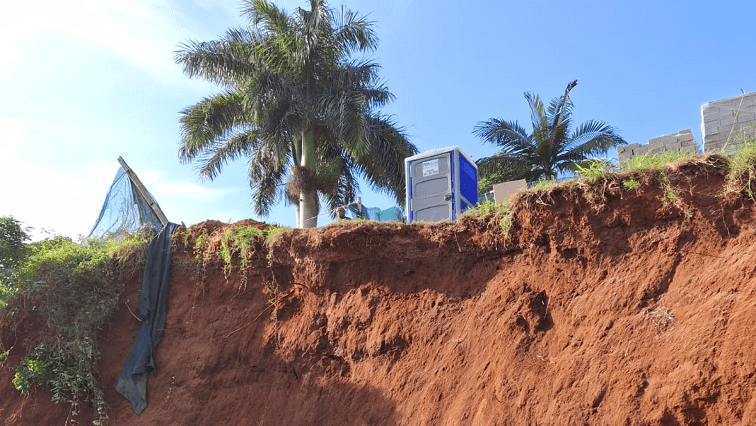Somali journalists have listed climate change as a new threat that could potentially harm their work and that of their country, adding to a list of challenges they already face.
To mark World Press Freedom Day, the journalists under their lobby, the National Union of Somali Journalists, on Saturday released a declaration which will guide their work and help contribute to combating climate change.
The World Press Freedom Day is marked annually on May 3 according to the United Nations General Assembly. This year, World Press Freedom Day was dedicated to the importance of journalism and freedom of expression in the context of the current global environmental crisis.
Chad votes in first Sahel presidential poll since wave of coups Israeli authorities raid Al Jazeera after shutdown orderAfter a two-day Symposium supported by the US Embassy in Somalia, the journalists released a document which calls for enhanced standards of journalism on environmental issues in Somalia including nurturing collaborative efforts and fostering connections between media outlets and government agencies to facilitate the exchange of knowledge and resources among journalists, environmental experts and policymakers.
This collaborative endeavour is essential to elevate the quality of climate and environmental reporting and to advance the professional skills of journalists, the declaration released after the symposium says.
Accordingly, we urge all actors and stakeholders to engage in providing training programmes that focus on essential journalistic skills, investigative techniques, environmental science and data interpretation, aimed at augmenting the effectiveness and impact of their reporting.
Climate change, they admitted adds to the existing risks journalists in Somalia face, including physical threats, economic hardships, unstable political environment, psychological burdens and legal problems as well as digital threats from trolls.
In a country where militants have targeted journalists, including forcing some into exile, climate change could mean their safety is not even guaranteed.
We advocate for the implementation of stronger safety measures and legal protections to secure our well-being and ensure our freedom to report without fear of violence or persecution, they said.
The declaration came out of a workshop to mark the World Press Freedom Day, usually marked every May 3 since 1993 after the UN identified media freedom as crucial to advancing democracy.
This year, the global theme is A Press for the Planet: Journalism in the Face of the Environmental Crisis, highlighting the crucial role of journalism in navigating and addressing the environmental challenges confronting the globe today.
In Somalia, the Symposium, on Thursday and Friday, saw journalists, diplomats and senior government officials converge in Mogadishu to discuss the challenge of reporting climate change. It also featured representatives from civil society, USAID and the UNSOM Human Rights Group.
Omar Faruk Osman, the NUSOJ Secretary General, said Somalias situation has often meant journalists over the years face serious and deadly attacks by perpetrators who often enjoy impunity and encounter professional challenges that hinder proper reporting.
The pressing climate calamities as well as environmental crises we face means journalism undeniably stands as a formidable force for raising awareness, fostering adaptation and driving mitigation efforts, added Osman. The diplomats included Shane Dixon, Charg dAffaires at the US Embassy in Somalia; Mike Nithavrianakis, British Ambassador to Somalia; and Mohamed El-Amine Souef, Special Representative of the Chairperson of the African Union Commission (SRCC) for Somalia and Head of ATMIS, the African Union Transition Mission in Somalia.
Government officials included the Minister for Environment and Climate Change Khadija Mohamed Al-Makhzoumi the Minister for Education, Culture and Higher Education, Farah Sheikh Abdulkadir and Minister for Information and Tourism, Daud Aweis Jama. The journalists in Somalia hope that proper access to correct and timely information about climate change can help spread awareness, as the public tends to follow what media outlets report.
But they also hope it will bring about positive political will.
UN Secretary-Generals Special Representative for Somalia, Catriona Laing said that the climate crisis affects the lives of millions in Somalia. At least 4 million people are displaced by recent drought and floods in the country.
Mu





